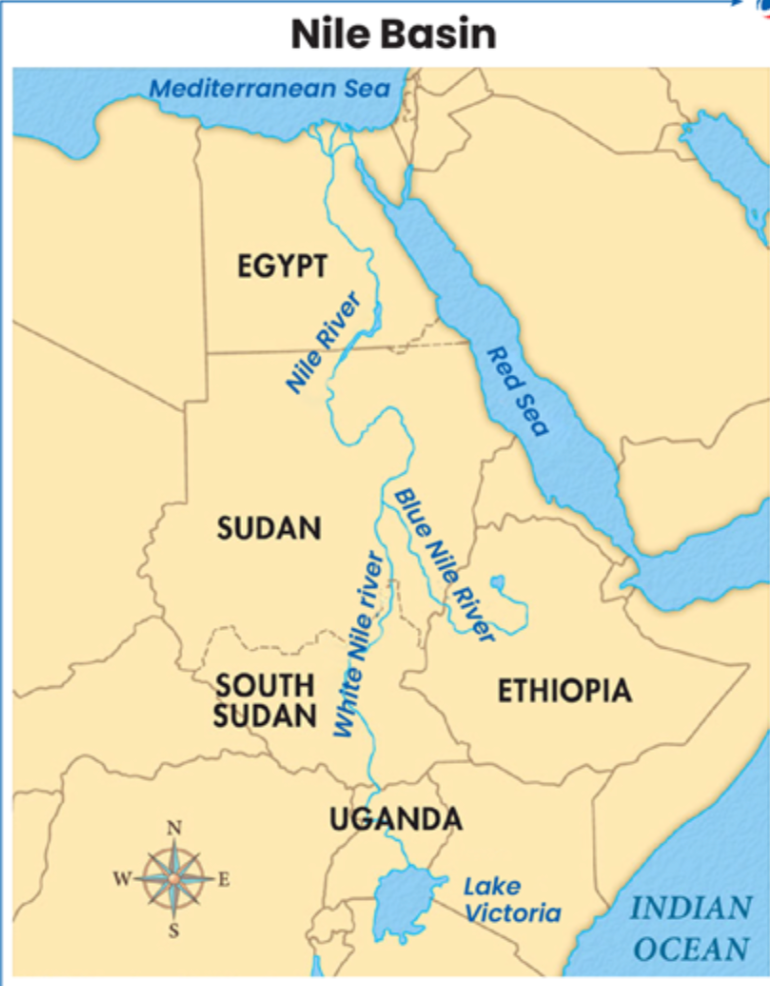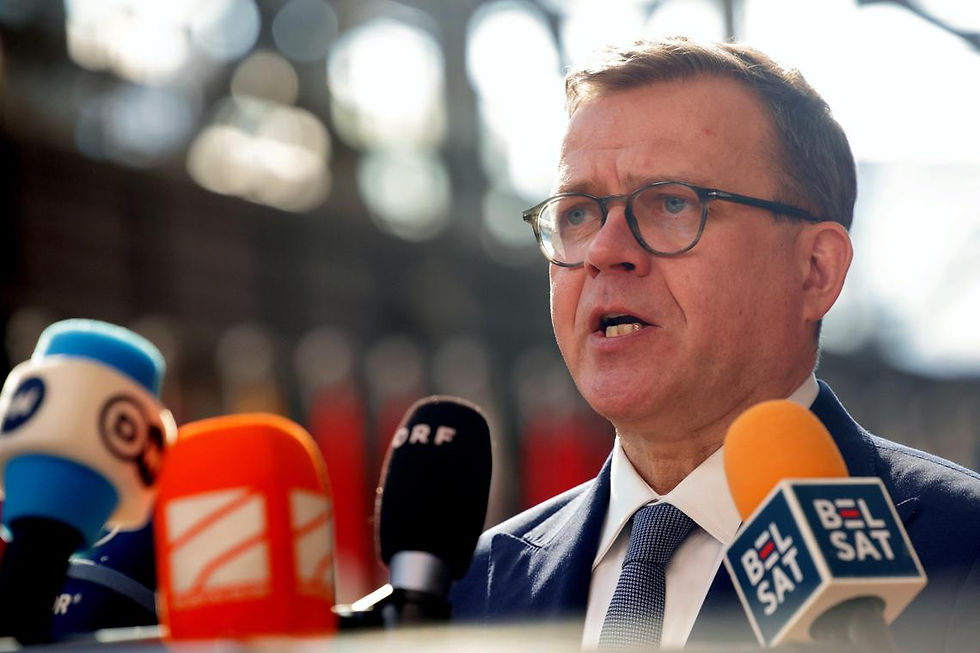The Uyghur crisis- religious freedom and limits of international law
- MAYANK UPPAL
- Jul 7
- 7 min read
Updated: Jul 8

China, a vast land of continental proportions and diversity, encompasses a wide range of landscapes and is characterized by rich cultural diversity. Largely an agrarian economy in the early 1900s, it developed into an industrial one in the late 1970s with the introduction of various economic reforms. China’s booming economy and successful diplomacy over the years have put China in the spotlight in contemporary times. If we were to look deeper into this superpower, we would find a region that has been a major source of debate in world politics.
China’s northwestern region of Xinjiang is predominantly a Turkic-speaking ethnic group, who are largely muslims. The Chinese government is said to be hostile and discriminatory towards this ethnic minority, subjecting them to intense surveillance, labor, and involuntary sterilizations, among other human rights abuses. The Chinese government has reportedly arbitrarily detained more than a million Muslims in reeducation camps since 2017. Several foreign governments, including the United States and the United Nations, have defined the acts of the Chinese government against the Uyghurs as “acts against humanity”. Why isn’t the United Nations acting? What are the limits of International law in dealing with this issue? Is foreign intervention in Chinese politics through ways of diplomacy the solution to this problem? How does the Chinese Government respond to these allegations?
International law and genocide
As per international researchers and the US government officials, nearly 2 million Uyghurs and other muslims, including Kazakhs and Uzbeks, have been detained since 2017. The Chinese government forces these people into reeducation camps, under the guise of “vocational education and training centers”. These re-education camps or so-called “vocational education and training centres” are essentially internment camps operated by the government of Xinjiang and the Chinese Communist Party Provincial Standing Committee.
In the present Convention, genocide means any of the following acts committed with the intent to destroy, in whole or in part, a national, ethnical, racial, or religious group, as such:
Killing members of the group;
Causing serious bodily or mental harm to members of the group;
Deliberately inflicting on the group conditions of life calculated to bring about its physical destruction in whole or in part;
Imposing measures intended to prevent births within the group;
Forcibly transferring children of the group to another group.
Mass killings
There are no official reports of mass killings in the region. However, there are scattered and unofficial reports of religious segregation and torture against the muslim population that encompasses the Uyghurs, Kazakhs, and Uzbeks. There have been reports of deaths in Custody under suspicious circumstances and neglect of the population.
The absence of official records of killings and scattered reports does not amount to a large-scale persecution of these populations. However, lack of widespread killing does not preclude genocide, as any one of the five acts, if combined with genocidal intent, can suffice.
Serious mental harm and bodily injury
Reports of psychological trauma as a result of forced political indoctrination, family separation, and mass surveillance are major sources of credibility to prove “genocidal intent” against the Uyghur population. They live in a police state where they are monitored by one of the most advanced and intrusive surveillance systems in the world.
As per the reports of the UN OHCHR, there are also instances of sexual assault, including rape of detainees. Several survivors have reported enduring torture in the camps. It is also a known fact that China transfers many of the detainees to factories across the country to perform forced labor. There’s evidence that this forced labor has leached into the global supply chain for products we all use, from companies like Apple, Microsoft, and Amazon.
Forced separation of children from their families also has a significant mental toll on the population. These children are separated from their guardians, who are admitted to internment camps and detained. These children are labelled as “orphans” and are “reeducated” to learn the Chinese culture and language. This restriction on exercising their culture affects the population as a whole and has had a deteriorating impact on their collective identity.
Deliberately inflicting on the group conditions of life calculated to bring about its physical destruction in whole or in part.
Chinese policies of reeducation and internment detention are a clear indication of an attempt at cultural and ethnic erasure. Victim accounts, as recorded by the Human Rights Watch, point towards evidence of “mass arbitrary detention, torture, cultural persecution, forced labor, and other serious human rights violations, and recommends that states, businesses, and the international community take action to end the abuses, and advancing justice and accountability.”
Life inside these so-called “Vocational training centres”, coupled with forced separations from peers and family, amounts to a forceful uprooting from one’s culture and religious practices. “Re-educating” the orphans and restricting them from practicing their culture severs them from their cultural identity. As per the reports of the Human Rights Watch, victims of these forced detentions describe their experience, suggesting that they were subjected to ill treatment, including “being beaten with batons, including electric batons while strapped in a so-called “tiger chair”; they were subjected to interrogation with water being poured onto their faces and prolonged solitary confinement.
4.Imposing measures intended to prevent births within the group.
There have been credible sources that suggest that there has been forced sterilization amongst the population that is largely comprised of Uyghurs. Natural growth population decline started in 2016 because of Chinese policies that separated couples, sending them to internment camps. These policies, along with sterilization coupled with IUD implantations, inflicted a major blow to population growth rates in the region.
Forcibly transferring children of the group to another group.
Reports and victim testimonials indicate state-run operations that re-educate the Uyghur orphans to learn the Han Chinese language, History, and culture. As per a report published by the United Nations Human Rights Office of the High Commissioner, Xinjiang's State-run boarding school system fails to provide education to Uyghur orphans in their mother tongue and forcibly separates Uyghurs and other Muslim minorities from their communities, leading to forced assimilation. As per the report, UN officials stressed the “discriminatory nature of the policy and the violation of minorities’ right to education without discrimination, family life, and cultural rights”.
These linguistic and cultural restrictions are not only limited to the children but also to the teachers, who, if found to be using Uyghur language, can be held liable and sanctioned. The children are forced to speak and learn Mandarin as opposed to education policies aimed at achieving bilingualism.
All in all, victim accounts and journalist reports reveal horrific findings in areas of human liberty and freedom, and several violations. It seems to be clear that there is credible evidence to show systematic discriminatory policies against the Uyghur muslims, leading to severance from their culture. On-ground reports and official findings necessitate the need for swift action in this direction.
What is the Chinese side of the story? If these acts do fall under human rights violations, why isn't the United Nations doing something about it?
The Chinese government refuses to accept any Human rights violations
Chinese officials deny any allegations of human rights violations; they claim that these allegations are fueled by anti-national sentiments coupled with differing political ideologies. The Chinese government claims that the “re-education” programs are meant for upskilling and creating employment opportunities.
China claims that those who were detained were “anti-national” and were invoking separatist sentiments among the population. China alleges that international interference from the US and other countries is a direct interference in Chinese politics and alleges that these organisations politicize human rights matters. Zhao Lijian, a Chinese Civil servant, bluntly rejects the claims made by international organisations, marking them as “baseless” and having “ulterior Motives”
Official Chinese reports and diplomats blatantly deny any claims of human rights violations, but victim report, testimonials, and international organisation findings says otherwise.
Limits of international law and UN action
International organisations such as Amnesty International, Human Rights Watch condemn the actions of the Chinese government against the Uyghur Population. The United Nations expresses grave concerns over the situation, citing several instances of violations within the region. Limitations lie structural formations of the United Nations Security Council and diplomatic fallacy.
Firstly, China is one of the five members of the United Nations Security Council, which gives it Veto power. Any resolution introduced concerning Uyghur muslims and the restoration of their rights will be vetoed by China.
Secondly, the Organisation of Islamic Cooperation has remained silent on the issue in the past, which makes it difficult for human rights advocates to take action. Moreover, China’s growing influence in world politics and economic power gives it an upper hand over many nations. Many countries prefer tranquility in trade relations over Human rights concerns.
Thirdly, China is not a signatory to the Rome Statute, which means that the ICC’s jurisdiction in matters of genocide and Human rights violations is not valid in China.
In conclusion, several loopholes and structural policies, coupled with China’s growing influence in world politics, make it difficult for International organizations to take any action. Moreover, the Chinese government blatantly denies any allegations made in this regard. China insists that its actions in Xinjian surveillance, vocational centers, and birth-control measures are legitimate moves against extremism and poverty. China aggressively defends its stance by invoking sovereignty.
The result of this being, acknowledged human rights violations in the region of Xinjiang, without there being a potential for enforceable actions. In order for the situation to be resolved, there needs to be collective international advocacy for the matter, and strong, persuasive actions by influential organisations like the United Nations.
Sources
The UN human rights office documents China’s abuses in Xinjiang in a report released in 2022.
"China: Free Xinjiang 'Political Education' Detainees". Human Rights Watch. 10 September 2017. Retrieved 10 September 2017.
Convention on the prevention and punishment of the crime of genocide- Article II- United Nations
China’s genocide against the Uyghurs, in 4 disturbing charts- Sigal Samuel
China: New UN Report Alleges Crimes Against Humanity- Human Rights Watch
China: Xinjiang’s forced separations and language policies for Uyghur children carry risk of forced assimilation, say UN experts- UNHROHC
"China forcing birth control on Uighurs to suppress population, report says". BBC News. 2020-06-29. Archived from the original on 2020-06-29. Retrieved 2020-12-11





Comments